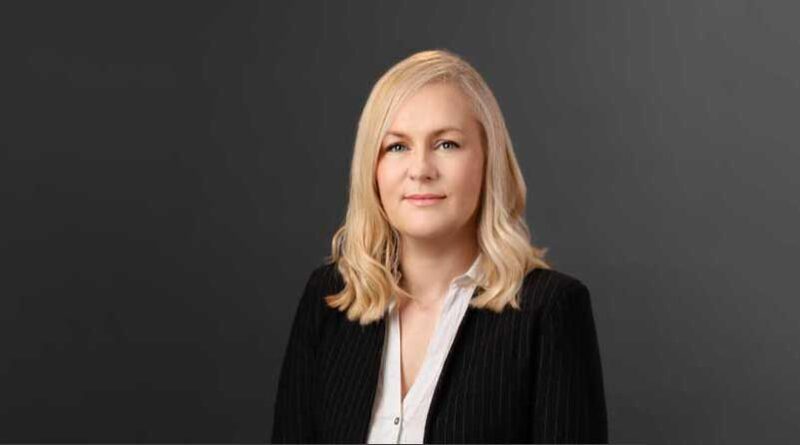Understanding Auto-Enrolment in Ireland – A Guide for Employers
Many employers and the entire pensions industry were braced for a flurry of activity to get ready for Auto-Enrolment (AE) in late 2024, early 2025. Throughout the year, however, it became clear that the Government would miss this (already delayed) deadline.
We are ending 2024 with some clarity though; a commencement order signed, a start date for AE of 30 September 2025 and a new name “My Future Fund”.
This extended timeframe will give employers some relief. This time should be used to ensure that you understand the finer details and are prepared to avoid pitfalls or utilise benefits of the new scheme.
AE is a significant change in the pension landscape in Ireland. While it is designed to ensure that all employees have access to a pension scheme, there are many differences between AE and the existing pension framework.
It is crucial employers understand their obligations together with the advantages and disadvantages of this new system.
Why Introduce AE?
Currently it is estimated over 800,000 workers in Ireland are not in a pension scheme leaving them solely reliant on the state pension for their retirement income. As far back as 2007, a green paper on pensions highlighted future challenges posed by Ireland’s shifting demographics. In 2010, the National Pension Framework outlined a new approach to supplementary pensions to meet these challenges; “Auto-Enrolment”. This new approach is finally coming to fruition and will result in better financial security for all in the future.
Key Points of AE
• Eligibility: Employees aged 23-60 earning over €20,000 per year across all employment and who are not members of an existing pension scheme, will be automatically enrolled. Those between 18 – 22 or over age 60 can apply to be included.
• Contributions: Both employers and employees must contribute a percentage of gross salary, starting at 1.5% each and increasing to 6% each by year 10. There is no tax relief on employee contributions, but the government will provide a top-up contribution starting at 0.5% and increasing to 2% by year 10.
The maximum salary for contributions is capped at €80,000. Contributions are fixed at the set rates, and it will not be possible for employers or employees to pay more or less than these rates.
• Opt-Out Option: Employees can opt out if they choose after six months but will be automatically re-enrolled after two years. They can also suspend contributions for one to two years.
• Waiting Periods: There are none. Auto-enrolment starts from the first day of employment.
Considerations for Employers
Employers will be tasked with either proving all their employees are already sufficiently covered for pension or if not, they will need to get on board with AE.
• Existing Schemes: Employers who already have a pension scheme in place need to identify any employees not currently covered for pension. Should they include these employees in their existing scheme, set up a new scheme, or use “My Future Fund”? Understanding the differences between the options and the benefits of each is crucial.
• Budgeting for Contributions: Employers need to plan for the increased pension contributions that will be required from 30 September 2025. This includes understanding the impact on payroll. The contribution rates will be phased in over the next decade to assist.
• Employee Education: Whether continuing with an existing scheme or joining AE – employees are likely to have questions.
• Tax Relief V State Top Up: The tax treatment of employee contributions to AE compared to an existing Defined Contribution (DC) pension arrangement will be different. As AE contributions are deducted from employees’ gross pay, they will have a greater impact on take home pay. A case can certainly be made for employees that the current tax reliefs available on DC Pension schemes may be a better option for both higher and lower earners.
AE represents a significant shift in how pensions are managed in Ireland. By understanding the key points and preparing for the changes, employers can ensure a smooth transition and help their employees secure a better financial future.
For more details, contact Susan O’Mara Business Development Manager CPAS. Tel 01 223 4949.
Follow Irish building magazine on LinkedIn for the latest news and updates.

